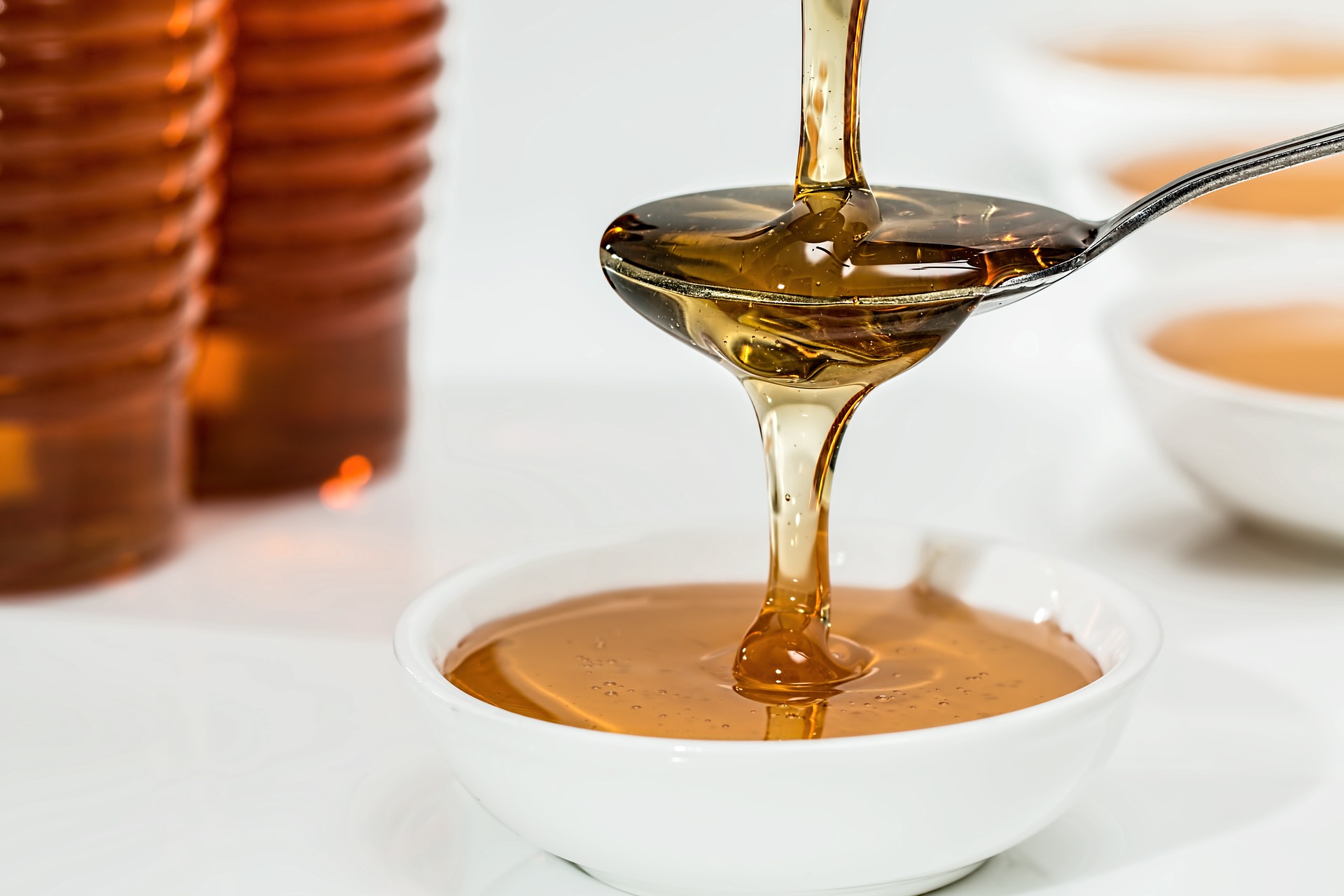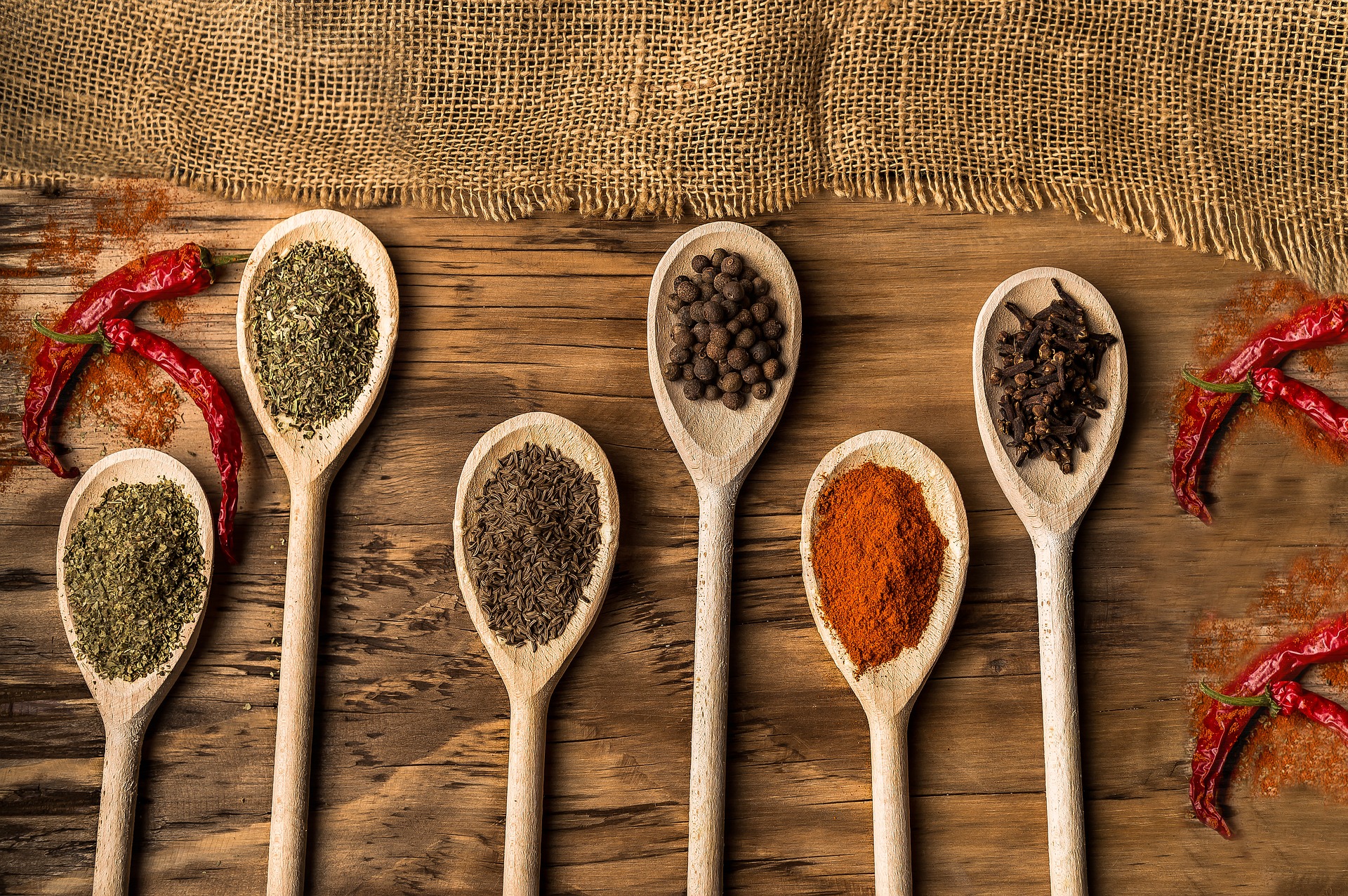Healthy and Safe Marinades
go.ncsu.edu/readext?841408
en Español / em Português
El inglés es el idioma de control de esta página. En la medida en que haya algún conflicto entre la traducción al inglés y la traducción, el inglés prevalece.
Al hacer clic en el enlace de traducción se activa un servicio de traducción gratuito para convertir la página al español. Al igual que con cualquier traducción por Internet, la conversión no es sensible al contexto y puede que no traduzca el texto en su significado original. NC State Extension no garantiza la exactitud del texto traducido. Por favor, tenga en cuenta que algunas aplicaciones y/o servicios pueden no funcionar como se espera cuando se traducen.
Português
Inglês é o idioma de controle desta página. Na medida que haja algum conflito entre o texto original em Inglês e a tradução, o Inglês prevalece.
Ao clicar no link de tradução, um serviço gratuito de tradução será ativado para converter a página para o Português. Como em qualquer tradução pela internet, a conversão não é sensivel ao contexto e pode não ocorrer a tradução para o significado orginal. O serviço de Extensão da Carolina do Norte (NC State Extension) não garante a exatidão do texto traduzido. Por favor, observe que algumas funções ou serviços podem não funcionar como esperado após a tradução.
English
English is the controlling language of this page. To the extent there is any conflict between the English text and the translation, English controls.
Clicking on the translation link activates a free translation service to convert the page to Spanish. As with any Internet translation, the conversion is not context-sensitive and may not translate the text to its original meaning. NC State Extension does not guarantee the accuracy of the translated text. Please note that some applications and/or services may not function as expected when translated.
Collapse ▲Frequently we see the terms marinade and marinating in a recipe. The terms are often used interchangeably. Technically, marinade is a noun and is the liquid in which food is soaked. Marinating is the verb for the actual process of soaking food in a marinade.
Marinating is a way to add flavor and moisture to a food. Any food can be marinated, but it is frequently used for meats, seafood and vegetables. Marinating can be used on less expensive cuts of meat to make them more tender.
Marinades can easily be made at home with or without a recipe. The basic ingredients are fat, salt, acid, seasonings, herbs and sweeteners. If you don’t have a recipe, an oil and vinegar-based salad dressing such as Italian or Balsamic vinaigrette could be used.
Food Safety:
Make sure to marinate food in the refrigerator. Some recipes call for marinating a room temperature. Do not follow this practice as it will allow bacteria to multiply rapidly. If the marinade is to be used as a sauce or to baste the meat while cooking, save fresh marinade that has not touched raw meat in a separate container. If you forget to keep some marinade separate, you can also boil the liquid used to marinate raw meat, which will kill harmful bacteria that could cause illness.
Containers:
Never marinate in a metal container. The acid content of the marinade will react with the metal and may be toxic and/or create an off-flavor. Use a plastic or glass container with plastic wrap (you may need to turn a large piece of meat over during the marinating process). A plastic re-sealable bag can be used, which will make the coating of the meat or vegetables much easier.
Time:
Read the recipe and follow the recommendations for marinade times. Marinating some food too long can result in tough, dry or poor texture. The length of time something marinades depends upon the cut, the kind of meat and the size. Denser cuts such as beef, pork or venison can be marinated 24 hours or longer. Light meats such as chicken can steep from two to 24 hours. Seafood, vegetables and fruits should only be marinated for a short period of time 15-60 minutes.
Acid:
The acids in a marinade are typically citrus, vinegar, tomato juice or wine. These acids have two roles: to enhance flavors and to break down the cells of the food allowing the flavorings and oil to infuse into the food. When making your own, use caution because too much acid make the meat bitter.
Sweeteners:
While optional, sugar, honey, molasses and other sweeteners are frequently added for flavor to marinades. Keep an eye out when cooking especially grilling foods with a high sugar marinade as they will burn quickly.
Seasonings:
Use your imagination. They can be any combination of garlic, soy sauce, ginger, peppers, green onion, capers, mustard and/or fresh herbs.
Our Med Instead of Meds program contains several recipes using marinades. These include Honey Citrus Chicken Drumsticks, Spicy Vegetable Tacos and Honey Balsamic Glazed Salmon. Check them out at https://medinsteadofmeds.com/
Med Instead of Meds is an educational program developed by NC State and NC Department of Public Health. It focuses on eating in the healthy Mediterranean-style. Eating like those who live in the Mediterranean region has been shown to promote health and decrease risk of chronic disease.
The N.C. Cooperative Extension in Brunswick County is offering a free virtual training using the Med Instead of Meds curriculum. The program is free of charge and will take place on Zoom every Thursday at 11 a.m. from January 13 until February 16. The one-hour session will include a PowerPoint presentation and a cooking demonstration. For more information check out our website or email Meghan Lassiter (meghan_lassiter@ncsu.edu).
Sources
- Holiday Challenge
- Eat Smart, Move More, Weigh Less
- Michigan State University Extension
Cheryle Syracuse wrote this article and more similar ones for the Family and Consumer Sciences Column in the Brunswick Beacon. Syracuse is an FCS team member and can be reached at N.C. Cooperative Extension, Brunswick County Center, 910.253.2610 or by email at cheryle_syracuse@ncsu.edu.






